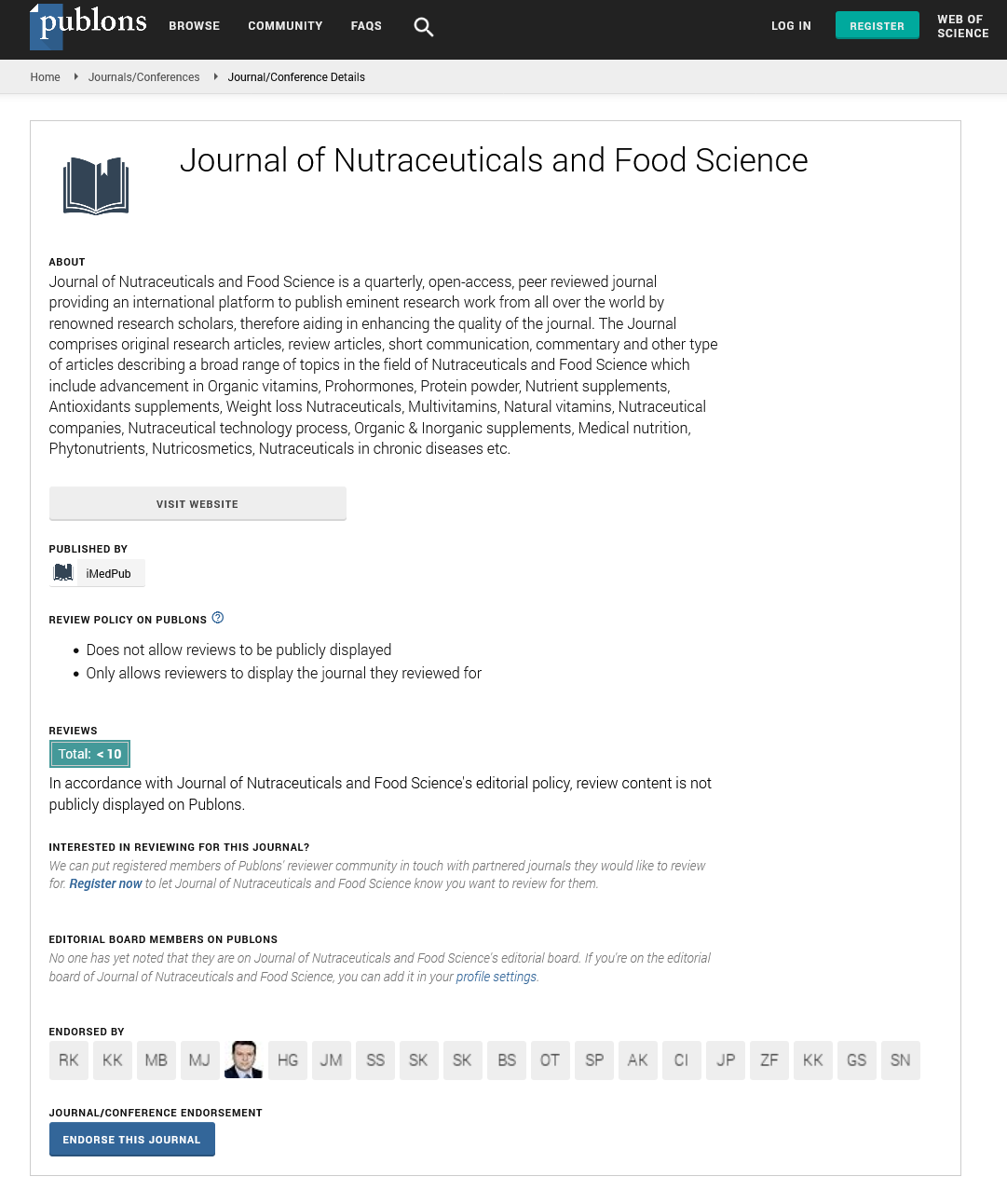Abstract
Watery saliva secreted by the grain aphid Sitobion avenae stimulates aphid resistance in wheat
Wheat is very important cereal grains in world food supply. The grain aphid, Sitobion avenae, is one of the most dominant and destructive pests of wheat. Aphid causes damage by sucking phloem sap and also as vector of barley yellow dwarf virus, causing huge negative impact on quality and quantity of wheat production. Application of herbivory induced plant defense is a sustainable and promising approach to control pests. In our study, the role of Sitobion avenae watery saliva in resistance induction was examined by infiltrating aphid saliva into wheat leaves. Gene expression studies showed that watery saliva infiltration in wheat leaves induced a strong salicylic acid-responsive defense but moderate jasmonic acid-dependent defense. Feeding on treated wheat leaves, compared with untreated leaves, aphid was decreased significantly by the number of nymphs daily reproduced and the intrinsic rate of increase of the population of Sitobion avenae (rm). In a choice test, saliva-infiltrated leave had a repelling effect on aphid. Additionally, electrical penetration graph results showed that saliva-treated wheat leaves had negatively affected aphid’s feeding behavior. These data provided direct evidences that salivary components of Sitobion avenae are involved in the induction of wheat resistance against aphids.
Author(s):
Julian Chen
Abstract | Full-Text | PDF
Share this

Google scholar citation report
Citations : 393
Journal of Nutraceuticals and Food Science received 393 citations as per google scholar report
Journal of Nutraceuticals and Food Science peer review process verified at publons
Abstracted/Indexed in
- Google Scholar
- Publons
- Secret Search Engine Labs
Open Access Journals
- Aquaculture & Veterinary Science
- Chemistry & Chemical Sciences
- Clinical Sciences
- Engineering
- General Science
- Genetics & Molecular Biology
- Health Care & Nursing
- Immunology & Microbiology
- Materials Science
- Mathematics & Physics
- Medical Sciences
- Neurology & Psychiatry
- Oncology & Cancer Science
- Pharmaceutical Sciences


